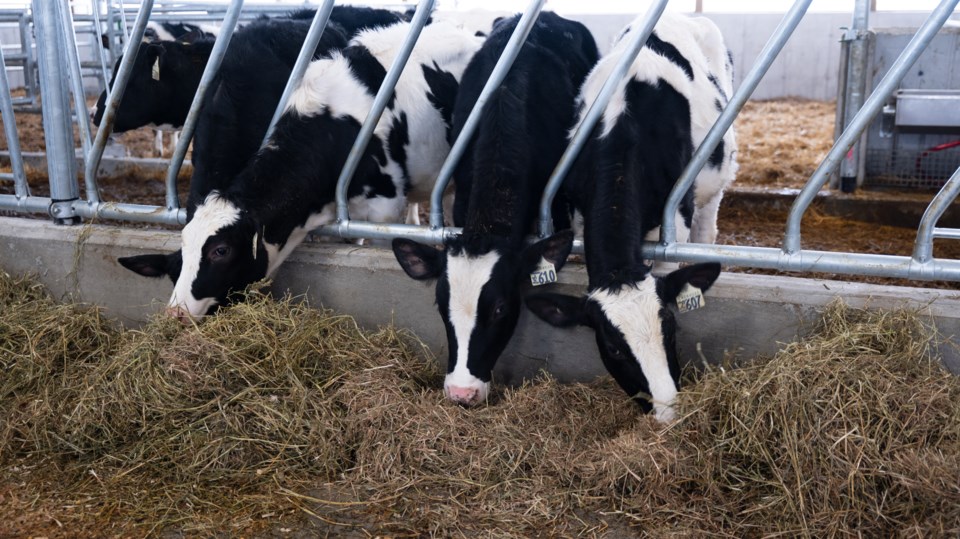The following guest commentary is by Brian Crews, director with the Ontario Federation of Agriculture.
At first glance, most people might find it hard to believe that a City of Toronto firefighter can also be an Ontario dairy farmer. After all, the demands of serving as a first responder in Canada’s largest city are pretty far removed from life in rural Ontario and working with livestock as part of a multi-generational family business.
And yet, that’s me. I’ve been a Toronto firefighter for more than 30 years — working 24-hour shifts — while also farming in Northumberland County east of Toronto together with my parents, Carl and Helena, my wife Cyndi Down, and our son Andrew, who is the ninth generation on our family’s farm.
It was during the COVID-19 pandemic that a fellow farmer in our area approached me about becoming involved with our local Northumberland Federation of Agriculture. There are many issues facing farmers in Ontario today, from urban encroachment and land use planning challenges to business transition and ensuring agriculture can offer the next generation of farmers a sustainable future.
They’re prevalent in our area for sure and with my retirement from the fire service no longer that far away, they also directly impact my family, our farm and our future — so I took the suggestion and joined the organization as a Northumberland County director.
I quickly learned a lot about agricultural advocacy and how important it is for farmers to both be informed about the issues that impact their businesses and have their voice be in front of decision-makers.
This led me to the decision last fall to put my name forward for a position on the board of the Ontario Federation of Agriculture (OFA). Thanks to a successful election, I now represent the farmers of Lennox and Addington, Hastings, Northumberland and Prince Edward as their provincial director with OFA.
My family’s long-reaching farming roots make me particularly passionate about preserving agricultural land, ensuring it continues to be farmed and keeping it from being fragmented into increasingly smaller parcels.
It’s not just about maintaining that ability to produce our own food, fuel, and fibre close to home, however.
It’s also about keeping our rural Ontario communities and their social fabric alive. With every farm that disappears, it becomes harder for local businesses like farm equipment suppliers, veterinary clinics and even coffee shops to keep their doors open. And as the population gradually declines, so does the availability of schools, medical services and community social supports.
As part of a multi-generational family farm, I also feel strongly about business succession planning and about being able to maintain a competitive and successful agriculture industry that can offer an attractive and economically sustainable future to the next generation of farmers like our son.
The dramatic increase in the price of land coupled with the threat of urban sprawl can make the decision to give up the family farm a financially attractive option, particularly for younger generations who are faced with an increasingly high cost of living and a desire for more work life balance than their parents or grandparents were able to have as farmers.
Transition is a complex topic for any family business, but it’s particularly tough for farmers. The emotional ties that bind us to our land are strong because for us, our farms are more than just a business. They’re also our homes and where generations of our forebears have also lived and worked.
I’m looking forward to spending the next three years as part of the board of an organization who tackles tough topics like these on a daily basis. And I’m particularly keen to encourage more of my fellow farmers to take a more active role in this organization too — just reading the county newsletter or attending a local meeting are good places to start.
We need organizations like the OFA to advocate for farmers and to ensure our voice is being heard by the people making decisions and enacting policies that will impact our businesses and our families.
Our voice is only as strong as our own involvement in our industry and in our organizations.



